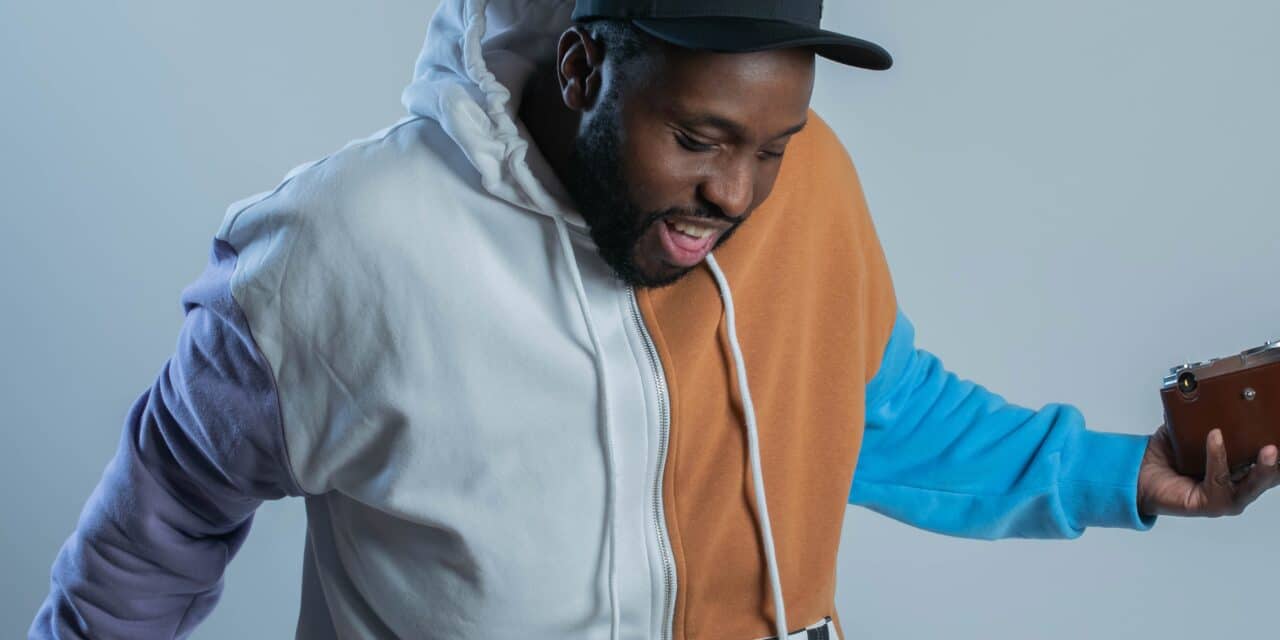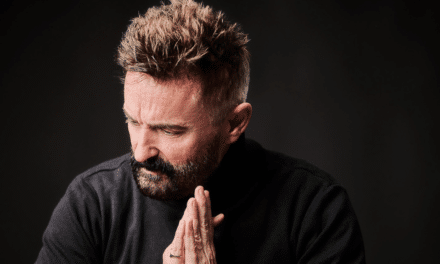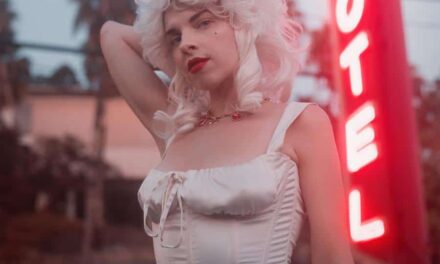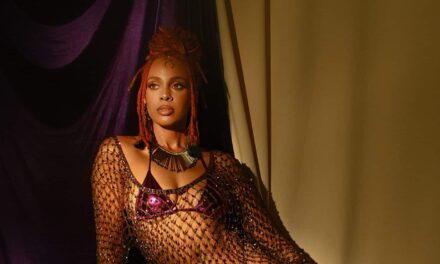Genres are borders—and Stephen Thomas has never been one to live inside the lines. On The Universal Me (out August 22), the multi-hyphenate singer-songwriter unveils a five-track manifesto for the “Universal” genre he’s been quietly shaping: a fluid, borderless sound that treats R&B, pop, hip-hop, country, and alt-rock as colors from the same paint set.
It’s not a gimmick. It’s a reflection of Thomas himself—someone unwilling to reduce his complexity to one mood, one sound, one story. “I make music that moves through different spaces because that’s how life feels,” he says. “It’s not one genre, one tempo, one perspective. It’s all of it.”
Opening track “Breaking Hearts” is a raw R&B cut steeped in clarity, breaking free from toxic connections with a mix of swagger and resolve. Its Will Thomas–directed video mirrors the track’s emotional sharpness, pairing crisp visuals with lyrics that cut just as clean.
From there, “Strange Love” dives into the contradictions of intimacy—emotional walls, gravitational pull, the messy middle where connection lives. “Outstanding” (featuring DJ Unk) flips a Gap Band classic into something gleaming and contemporary, a playful flex that’s part homage, part reinvention.
But The Universal Me really earns its name when Thomas lets his genre lines blur the most. “Feening For Love” is aching, modern R&B—smooth on the surface, restless underneath—while “Come Home to Me” brings a full-on country/R&B fusion. Over Nashville storytelling and soulful instrumentation, Thomas sings an ode to resilience, making the stylistic mashup feel inevitable rather than experimental.
It’s easy to imagine The Universal Me as a playlist you’d make for yourself: equal parts catharsis, confidence, longing, and late-night drive anthems. But Thomas’s real trick is that it never feels like a mixtape—it feels like one artist, one vision, stretching across multiple sonic worlds without losing the thread.
In an era obsessed with algorithms and categorization, The Universal Me is a reminder that music can be—as Thomas puts it—“all of it.” And if that means breaking a few genre rules? Even better.
You called The Universal Me a project where “all your layers are finally being heard.” What part of yourself were you most afraid — or most ready — to show this time?
Answer: Let’s be honest — I’ve never been afraid to try something new. My mother always told me, ‘You’ll never know what will work if you don’t try.’ That advice shaped my open-minded and optimistic approach to music. I believe a fresh sound is always needed, and being innovative isn’t just important — it’s necessary. After all, who wants the same thing over and over when change is inevitable?
There’s a sonic wildness to this EP—you move between country, hip-hop, punk, R&B, like it’s muscle memory. Were you ever told not to mix genres like this? And what made you ignore that?
Answer: Yes, I was always told to stay in one lane. But from the start, I knew there was more to me than just one genre or style of music. What made me ignore that advice was realizing I am my own identity — I’ve been a misfit my whole life. I never fit in, never belonged to any clique, so I embraced that difference.
Think about it — how many road trips do you take where you listen to just one style of music the entire way? I know I never have. Music has the power to change your mood or enhance the one you’re already in. That’s why I wanted my project to feel like a mini playlist, giving you different vibes for different moments. And let’s be real — not everyone can pull that off.
“Breaking Hearts” feels like both a release and a reclamation. When you were writing it, was it about one person—or every situation where you gave too much?
Answer: Honestly, Breaking Hearts was already brewing inside me. I was in Nebraska when our radio promoter called to say a station was airing my debut rock record. I was excited, and the host loved it — but their listeners said Back Home and Stay Strong were ‘too positive.’ That stung. I had put my all into making something unique, and hearing that lit a fire under me.
That’s when Breaking Hearts went from an idea to a burning drive. I channeled that disappointment into productivity, creating something raw — real pain, real emo, real growth. I’ve realized not everyone will connect with my music, and that’s okay. I just need to get around the ones who do.”
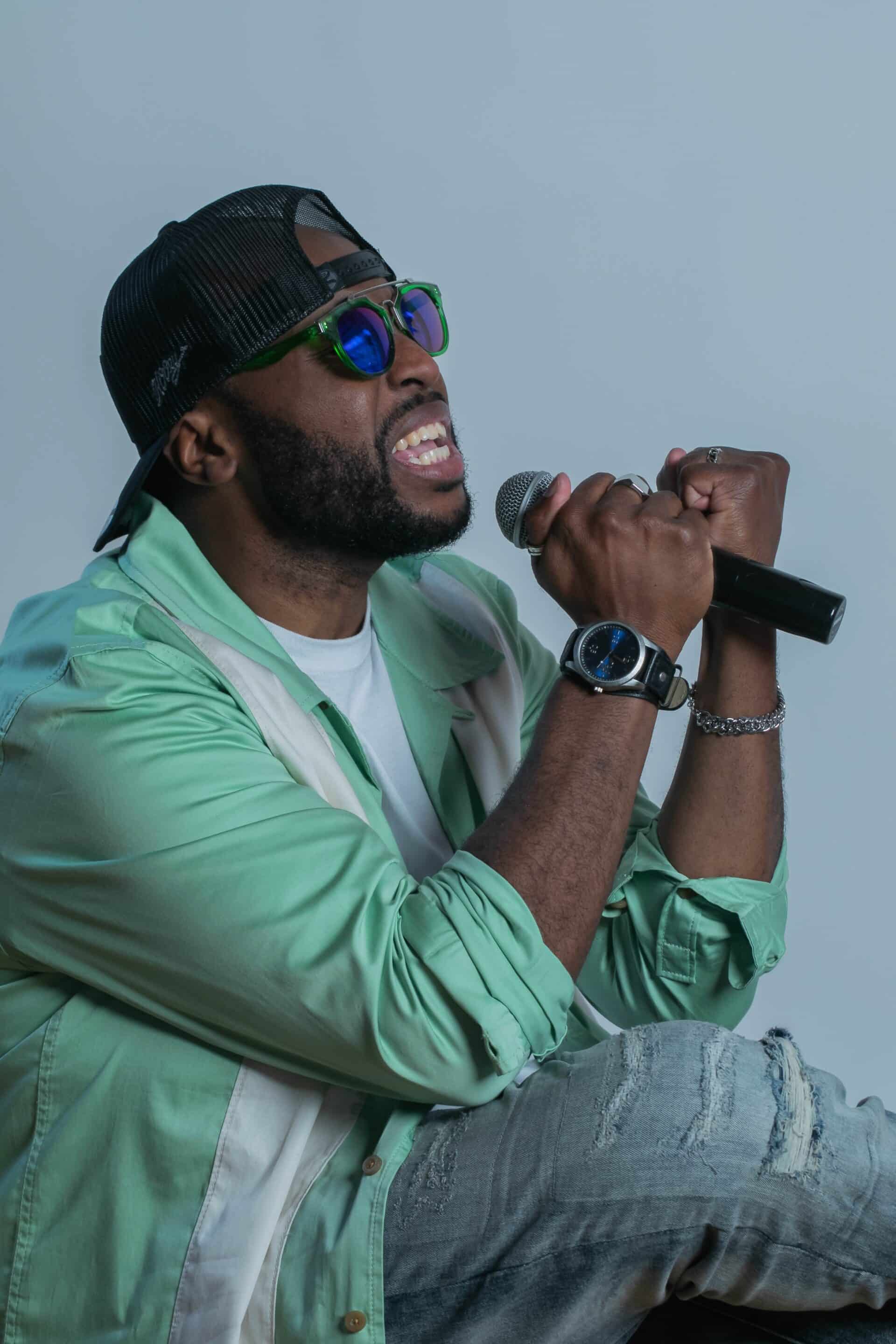
“Come Home to Me” folds country storytelling into R&B warmth. Did Nashville change the way you write or just give you permission to lean into this version of yourself?
Answer: “Nobody gave me permission to do anything — except God. He gave me these gifts, and I just tested them to see what I could do. Nashville’s only been a small part of my journey, but I’d love to work with more of the amazing talent there. I’ve always known there’s more to me as an artist, and I keep my ears open to all genres. That’s what keeps my sound so diverse.”
You’ve said this EP was about connecting. What do you hope people feel most seen by—your sound, your vulnerability, or the fact that you refused to choose one over the other?
Answer: “I want people to feel seen by all three songs, because without vulnerability there’s no truth. To get through something, people need the real. Sound isn’t just something you put out — it’s something you perfect over time. I’ve been chasing mine for years, and it turns out my sound is universal, which not many can do. That’s why I refuse to stay in a box. I’m a creator, and I believe I’m pioneering a universal genre.”
“Outstanding” with DJ Unk is a whole vibe—fun, sexy, self-assured. Was it important to have one track that just celebrated you?
Answer: “Of course — what’s a project without paying respect to the legends who built the foundation? At the same time, I want to celebrate the ladies and give some old-school families a fresh taste of good vibes.”
You’ve been Grammy-considered, you’ve charted, you’ve gone viral. But what feels like the real milestone in The Universal Me?
Answer: “Honestly, the accolades are great, but for me, the real milestone is putting together a project that spans five different genres — and not just that, it’s a quality, well-crafted project with something for everyone. Whenever I’ve played these songs for people, they never believe it’s all from the same artist. That element of surprise is what makes it special — I am the unexpected. Plus, I’m doing something unique that most people either can’t or won’t have the guts to try.”
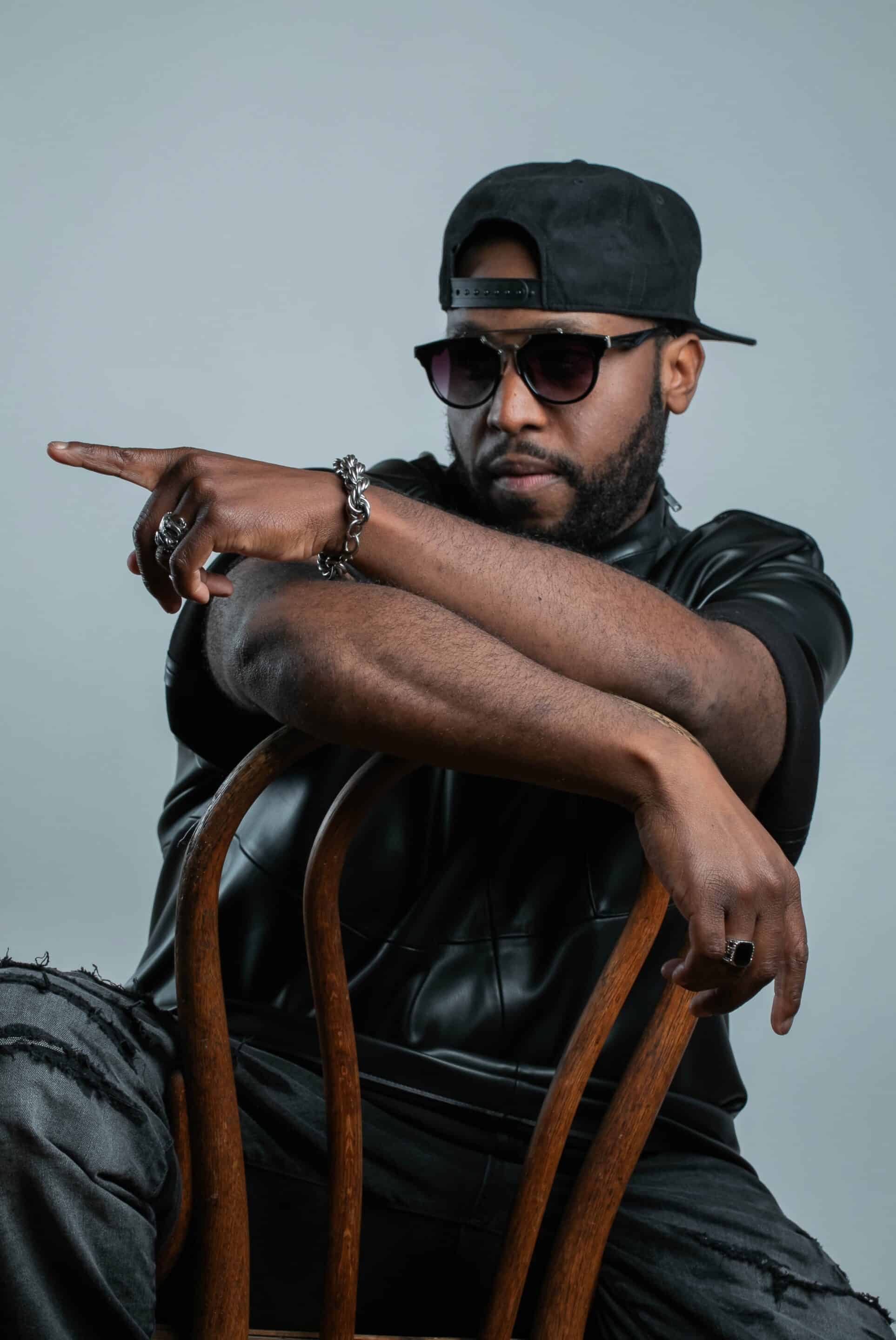
In “Strange Love,” there’s this lyrical tension—almost like you’re romanticizing connection and protecting yourself from it. Do you ever feel like your music understands you before you do?
Answer: “That’s a great question. I often say I write futuristically — sometimes I write about what I’ll encounter later. Strange Love is all about vulnerability because it’s real. In today’s world, many people want relationships but fear commitment and getting their hearts broken. As I say in the second verse, we’re creating situations based on falsehoods — sometimes the truth feels like a lie. Dating today is tough, love is tough, but love is also patient — and patience is something many people seem to be missing.”
This EP isn’t just personal—it’s survivor music. You said, “Every song reflects something I’ve felt, survived, or dreamed.” Which one was hardest to finish?
Answer: “Wow, that’s a great question. Honestly, I relate to all of these songs, and none of them felt forced to finish. Feening For Love is something we’ve all experienced — that desire for genuine connection. Breaking Hearts is a survivor’s song because sometimes breaking away isn’t just good, it’s necessary. People will try to hold you back from your full potential. Outstanding is about that dream person — someone amazing to celebrate life with, not just romantically but with family too. It takes a unique approach. I feel like The Universal Me project truly has something to fulfill all those parts of life and love.”
You said you didn’t create this to be heard—you created it to connect. What would connecting look like to you? A message from a fan? A stadium singing your words back? Or just one person crying in their car?
Answer: “Honestly, it’s moments like these that mean the most to me. A message from a fan lets me know I’m truly helping someone. And when my song makes someone cry, that’s powerful — tears often express what words can’t.
But the moment that really helps me is when a stadium full of people is singing my words back to me. That’s the moment I live for. That’s when I’ll truly feel like, ‘Wow, Stephen, you made it.’

